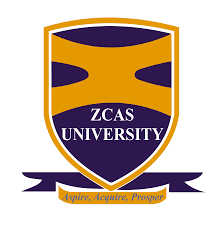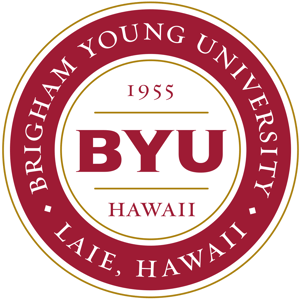In the Operations Management simulation, students work in teams in the Operations function of their company. Students need to determine which management role each of them will play in the simulation before deciding upon a business plan.
Once the teams are assembled, roles are assigned, and their strategy has been launched, student teams then need to compete against one another during each round to earn points on the ranking list - each round is equal to one year of operations. Points are awarded to teams based on their overall strategy and their decisions during each round to improve the operations performance of their company. These decisions should be aligned to their set SMART objectives they set themselves in their business plan and points are awarded to those for both meeting targets - the higher the target the more the reward!
| Features | |
|---|---|
| Student levels: | All UG and PG levels |
| Module subjects: | Operations Management, Supply-Chain Management |
| Languages: | |
In a management simulation theoretical models are put into practice. They provide participants with a unique experience in which team-working, analytical thinking and insight, and decision-making skills are trained and tested throughout each round, enabling student-led and experiential learning..
.png?length=300&name=unnamed%20(11).png)
.png?length=300&name=unnamed%20(7).png)
.png?length=300&name=unnamed%20(8).png)
.png?length=300&name=unnamed%20(6).png)

.png?length=300&name=unnamed%20(10).png)
.png?length=300&name=unnamed%20(5).png)
.png?length=300&name=unnamed%20(9).png)
.png?length=300&name=unnamed%20(4).png)
.png?length=300&name=unnamed%20(2).png)
.png?length=300&name=unnamed%20(1).png)
.png?length=300&name=unnamed%20(3).png)
.jpg?length=300&name=unnamed%20(2).jpg)





.png?length=300&name=loughborough-university-logo%20(small).png)


 Management simulation
Management simulation Edubook
Edubook
application recieved
We have received your question and we will return to you within 24 hours on workdays.